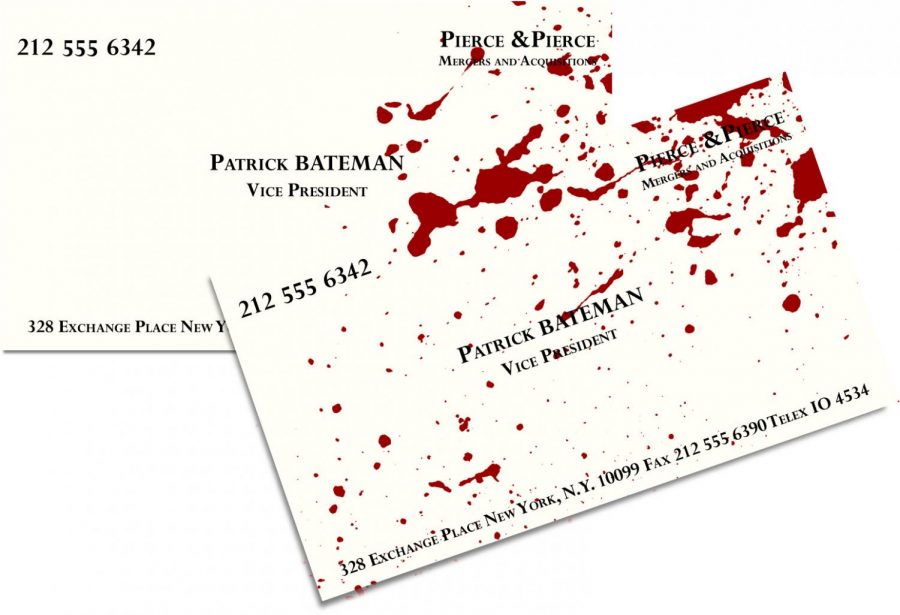Cult classic ‘American Psycho’ has ‘caught up’ to society
Cult classic ‘American Psycho’ has ‘caught up’ to society
October 24, 2016
Wall Street mogul and fictional serial killer Patrick Bateman never could get a reservation to fine-dining restaurant Dorsia in the cult classic film “American Psycho,” despite his wealth.
On Oct. 27, Hubbard Inn, 110 W. Hubbard St., will reinvent itself as that high-priced restaurant for the second year—without the gore—for fans of the 2000 film and 1991 novel of the same name by Bret Easton Ellis.
“Dorsia is a fairytale restaurant,” said Sommy Irani, business development manager at 8 Hospitality, the group hosting the event. “We’re here to help envision that restaurant for the general population.”
According to Irani, themed dishes, including a “bone marrow” appetizer and a specialty cocktail, will be available. Staff will be in themed costume to add to the overall ambiance of the event.
For each ticket sold, $5 will go toward the Hurricane Matthew relief in Haiti and American Red Cross. One ticket covers admission, passed appetizers and a drink.
Despite the fact that the film came out almost two decades ago, the movie’s popularity has grown steadily with a 2002 spin-off, a 2016 Broadway musical adaption and, now, pop-up dinners.
Irani said Bateman’s internal conflicts and the interpretations people draw from the film has kept it relevant.
Originally, the novel was met with backlash for the graphic violence perpetrated by Bateman—a man who nail guns women to the floor before torturing them. Many called the novel unadaptable, including Ellis himself in a 2013 interview with IndieWire.com, but the metaphorical message about greed and materialism in American culture caused the film to reach cult status.
“[‘American Psycho’] is a movie where everybody has an opinion of what the ending is,” said Graham Severance, a fan of the film and a 2015 Columbia music alumnus. “That is a reason why it has stood the test of time.”
The movie’s theme points to a depiction of powerful, heartless elites, which Severance said comments on American culture.
“Upper class businessmen and women are living in an environment where they are protected by their money,” Severance said. “They feel like they can do whatever they want.”
Interest in the film was revived by the economic housing crash of 2008 and 2009, according to Zoran Samardzija, an associate professor in the Cinema Art + Science Department.
“People started looking at it as [a movie] ahead of its time by predicting this world of Wall Street,” Samardzija said. “A film like [Martin Scorcese’s ‘The Wolf of Wall Street’] owes something to ‘American Psycho.’”
Samardzija added that Bateman’s misogynistic attitude has social credence, citing recent comparisons of Donald Trump, Jr., to Bateman in terms of demeanor.
“The satire of the film and the book has caught up with us,” Samardzija added. “They are both a brutal look at Wall Street and the kind of world that gives us Trump.”
Samardzija said pop-up dinners and similar events could overshadow the political message behind the film and novel.
But, Severance said his own everyday references to the film, like the event, is not criticism, but more of an ode to the film that is more timely than ever.








